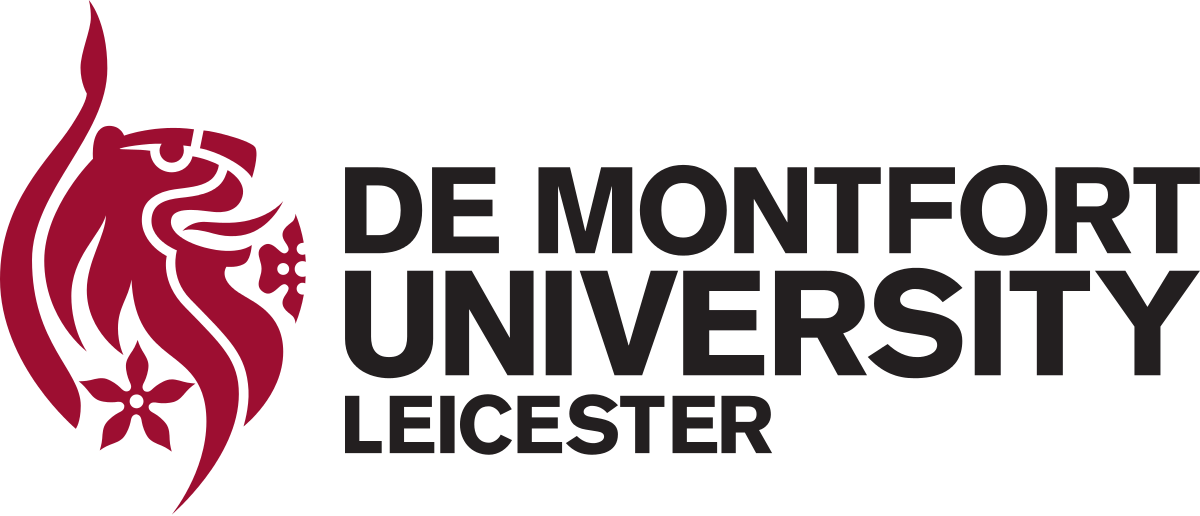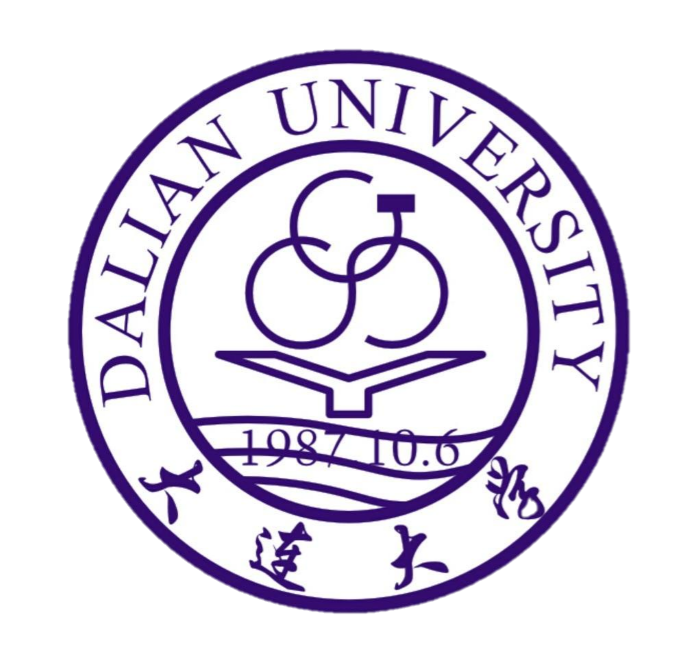|
International Workshop on Data Analytics for Intelligent Applications in Future Smart Cities |
|
Download CFP:
PDF
Internet of things makes it possible for connecting billions of devices to the internet thus providing seamless accessibility, limitless scalability, escalated productivity and a surplus of additional paybacks. Internet of Things enables the realization of connecting the physical world with cyber space this giving birth to the cyber physical systems. The hype surrounding the cyber physical systems and its countless applications is already compelling various stake holders to rapidly upgrade their current infrastructures, processes, tools, and technology to accommodate the massive data aggregation. Since there is a vast amount of data generated by these cyber physical systems, the insights from this voluminous data will enable to make better decisions and facilitate end users.
|
|
Topics of Interest |
|
Topics of interest, but not limited to are as follows: |
|
Important Dates |
|
• Paper Submissions due: 26 April, 2019 |
|
Organisation |
|
General Chairs: • Hasan Ali Khattak, COMSATS University Islamabad, Pakistan• Mohsin Raza, Middlesex University, UK • Ghufran Ahmad, COMSATS University Islamabad, Pakistan TPC Members: • Vishnu Vardhan, Rothamsted Research, UK• Muhammad Awais, Leeds University, UK • Farag Mousa, Northumbria University, UK • Khalad Werfili, Northumbria University, UK • Nishant Singh, Middlesex University, UK • Kamran Ali, Middlesex University, UK • Anas Amjad, Staffordshire university, UK • Muhammad Khalid, Northumbria University, UK • Muhammad Affan Alim, PAF-Karachi Institute of Economics and Technology, Pakistan • Chandreyee Chowdhury, Jadavpur University,Kolkata, India • Shahid Hussain, COMSATS University Islamabad, Pakistan • Syed Mohammad Irteza, LUMS, Pakistan • Saif ul Islam, Department of Computer Science, Dr. A. Q. Khan Institute of Computer Science and Information Technology, Rawalpindi, Pakistan • Syed Imran Jami, Mohammad Ali Jinnah University, Karachi, Pakistan • Muhammad Khan, UNIVERSITY OF LEEDS, United Kingdom • Saleem Khan, COMSATS University Islamabad, Pakistan • Shariq Mahmood Khan, Department of Computer Science & IT, NED University of Engineering & Technology, Pakistan • Muhammad Faisal Khan, Hamdard University, Pakistan • Suleman Khan, Monash University, Malaysia • Hasan Ali Khattak, Comsats University Islamabad, Pakistan • Muhammad Riaz, University of Lahore Islamabad Campus, Pakistan • Basit Raza, Comsats University Islamabad, Pakistan • Muhammad Imran, Comsats University Islamabad, Pakistan |
 |
 |
 |
For general enquiries, contact Conference Secretary (swc2019-general-enquiries@dmu.ac.uk).
For conference website related issues, contact Web Chairs (swc2019-website@dmu.ac.uk).
Copyright ScalCom-2019. Created and Maintained by ScalCom-2019 Web Team.
